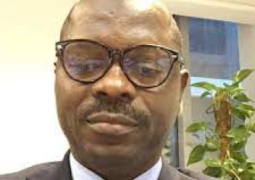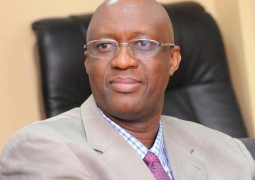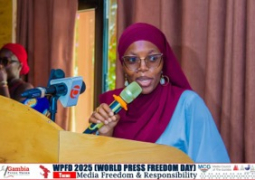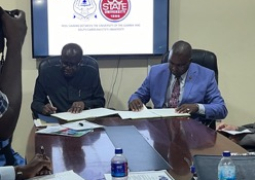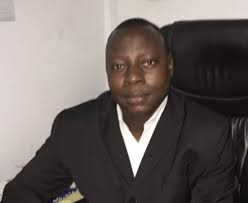
The national coordinator of NAGBV, Fallou Sowe, told the National Assembly Select Committee on Gender and Social Welfare that although the president has powers to forgive people, the administration should be concerned and look critically at some of the cases before taking them to the president for pardon.
“We have seen quite a number of the cases or people who were pardoned to be rapists, some raped as young as 4 years old, children and even women and I think they need to be careful with the public interest and also not to give the impression that the government is trying to make the people who have committed those heinous crimes that they can just do it and the next day are pardoned or left to go to their families,” he observed.
“I think it is not a very good sign from the government and that they should consider whom to pardon.”
Mr Sowe stated it’s their duty to repeatedly inform the National Assembly (NA) and other government institutions that “it is frustrating for them as advocates and activists, and are disappointed and surprised that such happened.” He said even though they don't know the motive behind the pardon, the government must have looked into such before making any decision that could have a greater impact on not only the country but also on the way the world would perceive the country as a nation.
Tabu Njie Sarr, a subject matter special at the NA, recommends that even though the president is granted powers by the constitution, the committee responsible for verifying the names should do a thorough background check.
“I think if that was done, maybe we would not have come to this. Somebody who has been detained and jailed as a result of murder or rape which are all capital offences, really need not to be given the prerogative of mercy.”


